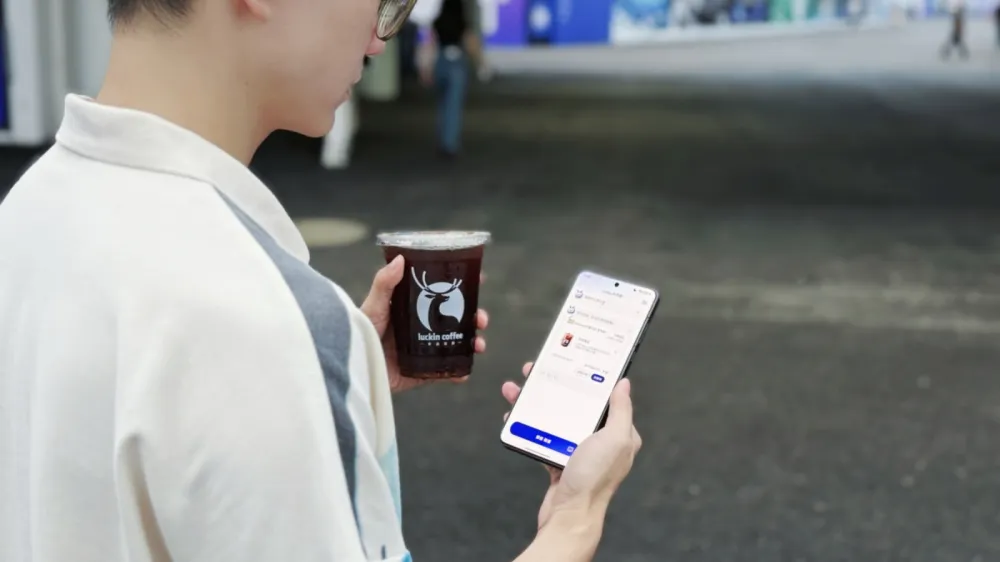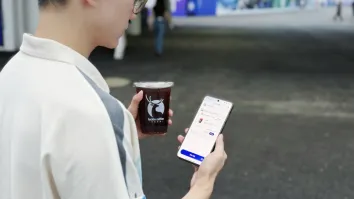Japan Kicks Off Reiwa Era's Payment Infrastructure, Part 2: BOJ-NET
By Eiichiro YanagawaThe first section of this two-part commentary was published here.
BOJ-NET is a computerised system that enables online processing and electronic transfer of funds—deposits and withdrawals—and Japan Government Bonds (JGBs) between entities such as financial institutions with current accounts at the BOJ. The operational scope of BOJ-NET has gradually yet steadily been broadened since it began operation in 1988.
Through concerted efforts over many years, the BOJ and settlement service operators have worked to revise designated-time net settlement (DTNS) for domestic exchange payment/ settlement as well as for foreign exchange settlement, to introduce DVP for JGB settlement, electronic CP, corporate bonds, and mutual funds in securities settlement, and to reorganise securities and JGB clearing organisations.
A special council under the BOJ, the Forum Towards Making for Effective Use of the BOJ-NET, has been conducting ongoing discussion on how to fully harness the BOJ-NET. This deliberation has been conducted in parallel with developments including the BOJ-NET system going fully live in October 2015 and operating hours being extended in February 2016 (until 21:00 under the first phase).
In terms of implementing advancements mainly in wholesale payments infrastructure, it is easy to imagine that initially the demand side of financial services centering on the manufacturing industry will see intensifying overseas development, increasing foreign ownership of JGBs, and a rise in global collateral demand. Meanwhile, on the supply side of financial services (banking and financial institutions), we should expect to see efforts expanded to use the wealth of yen-denominated assets in Japan as collateral for activities overseas as well as expanding settlement services to overseas firms and non-residents.
In 2018, the BOJ announced concrete measures to better enable BOJ-NET to meet the needs of an increasingly globalised world. Considering internal and external environmental changes, the working group has pursued implementation of two specific initiatives.
• Establishment of a cross-border real-time Hong Kong dollar DVP link gross settlement system:
In April 2018, the BOJ announced plans to link BOJ-NET Japan Government Bond (JGB) Services with Hong Kong’s real time gross settlement system to enable real-time DVP settlement of JGBs and the Hong Kong dollar. Preparation to support the cross-border DVP link is to start within fiscal 2018 with the link to be implemented around the spring of 2021.
• Support for SWIFT gpi tracking of cross-border payments:
In September 2018, SWIFT and the Japanese Bankers Association (JBA) announced a new Foreign Exchange Yen Clearing System (FXYCS) mapping recommendation. FXYCS direct members can adopt the recommendation to facilitate end-to-end tracking of cross-border payments on BOJ-NET. Available through BOJ-NET, this service supporting SWIFT’s cross-border global payments innovation (gpi) went live in November 2018.
Payment infrastructure service level offerings have been a limiting condition in the area of payment services targeting corporations. Major financial institutions that offer payment and settlement services have been grappling with a shared set of challenges that include realizing global deployment, a shift to straight-through processing (STP) and automated office processes, and support for Asia and emerging markets and countries. Clearly these challenges are the result of limiting conditions that are encumbering the financial market infrastructure. It is also important not to overlook the existence of architectural constraints.
Currently, many financial institutions have adopted payment service hub architectures, and now is the optimal time to tackle settlement platform modernization. It is here that market players can and should embark on system improvements rooted not in a motivation to respond to system changes but rather a desire to improve customer service and orchestrating advancements in wholesale payment infrastructure is a means to accelerating this.




















 Advertise
Advertise













